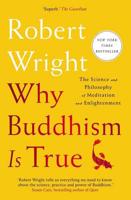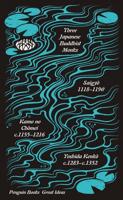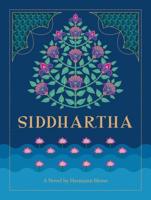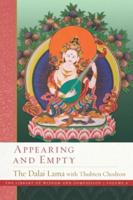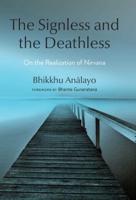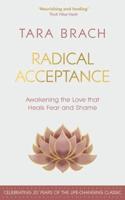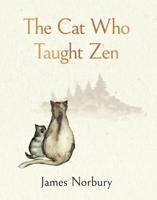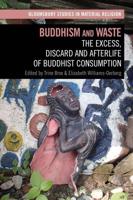Publisher's Synopsis
Honored as a patriarch in both the Ch'an and Hua-yen schools of medieval Chinese Buddhism, Kuei-feng Tsung-mi (780-841) was a key thinker in a period of intellectual ferment giving way to new, uniquely Chinese forms of religion. Beginning with a detailed discussion of Tsung-mi's life and times, Peter Gregory analyzes his thought within the context of T'ang dynasty Buddhism and Chinese intellectual history. Tsung-mi's reformulations of Buddhist doctrine within the Ch'an and Hua-yen schools and his incorporation of elements from Confucianism are shown as having led to a truly integrative and comprehensive framework of thought, one in which all religious values can be seen to inform one another. Gregory maintains that Tsung-mi's reformulation of Hua-yen can be understood only by relating it to his involvement with and reaction to the various movements within the Ch'an of his day. He then examines Tsung-mi's analysis of Ch'an, which is characterized by the thinker's strong reaction against the antinomian interpretations of Ch'an advocated in some of the school's more radical strands. The moral tenor of these writings suggests the formative influence that Tsung-mi's early study of Confucian texts had on his overall orientation.



